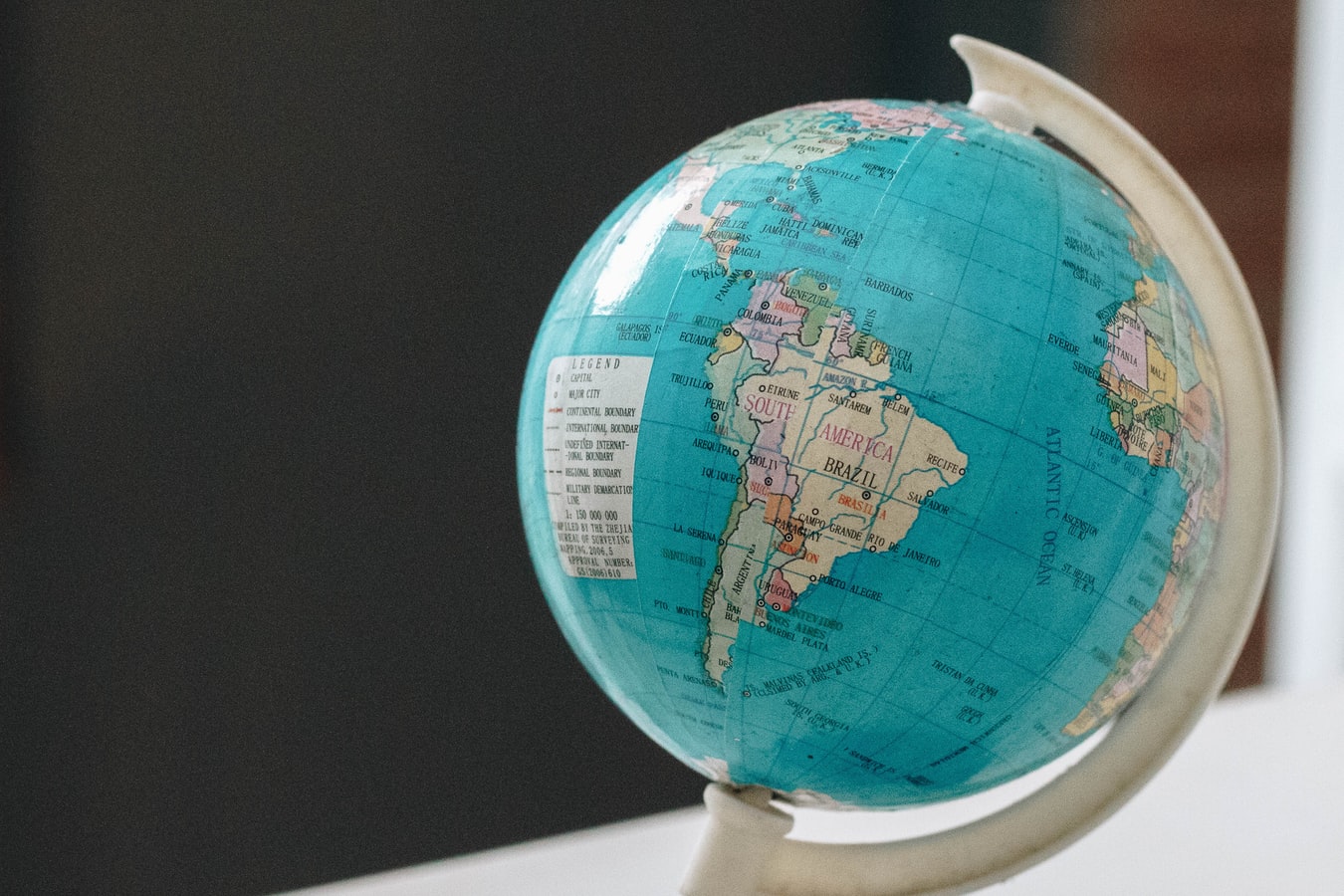Q&A with Jennifer Edgerton

HT: How did you become interested in missions?
From the time I was a young girl, missions was interesting to me. I wanted to tell others about Christ and his great love.
I loved hearing missionary speakers who visited our church for Faith Promise services. Of course I enjoyed their stories, but I was also impacted by their desire to serve God, no matter the cost. The missionary president at our church had a real passion for missions although she had never been on the mission field. Later another lady who took her place made the missionary lessons each month come to life and challenged us in a new and different way.
In high school and college, I struggled with whether being a missionary was really God's plan for my life. I was perfectly content to stay where I was, but I was also willing to go wherever He needed me.
HT: What are your responsibilities as a missionary?
I collect, edit, and distribute news for the MAC Region, mainly through a monthly E-mail newsletter in Spanish and English and news on our regional web site, www.nazmac.org.
HT: Do you have any amusing stories from learning the language and culture?
When I was in Venezuela, my first experience beyond North American borders, I confused fresa (strawberry) with fresca (fresh). I could not understand at first why the poor ice cream man looked so confused when I asked him if the flavor was strawberry. I had actually asked him if it was fresh!
I also thought the town Las Piedras (The Stones) was Las Piernas (The Legs). I have confused llantas (tires) with llantos (crying/wailing) and ollo (hole in the road) with olla (cooking pot).
Once, we were doing VBS with a Work and Witness team and were singing a song that says, "Cristo, el dador de la vida. . ." (Christ, the giver of life), and I heard, "Cristo, el dolor de la vida. . ." (Christ, the pain of life).
When we were first here in Guatemala, I could not understand why I would see so many men, especially outside the city, carrying a few sticks on their back. I thought it would be much more practical to use at least use wheelbarrow. I finally saw some of the mountain trails people have to hike to get home and understood why a wheelbarrow would not be so useful!
HT: Tell us three things that would help us understand your area of the world.
First of all, there is "La hora Chapina," or Guatemalan time, which is about 30 minutes after the time announced. If an activity supposedly begins at noon, it will actually begin around 12:30 P.M.or 12:45 P.M., unless it has been specified that the event will start exactly on time. This either gives you the time you need in order to arrive before they begin or sit and chat with friends who have already gathered for the activity.
Secondly, relationships with family and friends are very important. In the U.S. when we ask someone to say hello to their mother or brother, they are doing us a favor. Here, if you send greetings to someone's family member you are doing them a favor, and they say "thank you."
Also, it is not seen as irreverent or disruptive for a child to make a little bit of noise during a church service, a very liberating reality for someone with young children and no nursery. One very exciting thing for me is to see the number of churches and young people here in Guatemala and on the MAC Region who are going to other communities and even other countries to share the gospel.
Many times resources are very limited, but instead of using that as an excuse they are doing what they can to make a difference in various communities both physically and spiritually.
HT: You have a key role in helping tell the stories of God at work in your world. Tell us why we should care about those accounts?
First of all, I hope the articles we use and distribute challenge others to pray for specific ministries, people, events, and places instead of just, "God, please bless the missionaries." It is exciting for me to receive testimonies of ordinary or the most unlikely people being called and used by God to do extraordinary things.
Reading these stories can allow us to feel more a part of the global Church of the Nazarene. I also hope that hearing the various testimonies and news stories will challenge others to get involved and make a difference in new and creative ways, both at home and around the world.
HT: What has been your biggest surprise as a missionary?
I think my very biggest surprise as a Nazarene missionary has been LINKS (Loving, Interested Nazarenes, Knowing and Sharing). We knew God would be the one working through us, and that He could do amazing things. We knew there would be language and culture to learn and understand.
However, I never expected to have such special friends (that I had never met) who would pray for us, write to us, send us gifts on special days, share with us about their churches and families, and so on. What an encouragement they have been to our family during these past four years!
Holiness Today May/June 2006
Please note: This article was originally published in 2006. All facts, figures, and titles were accurate to the best of our knowledge at that time but may have since changed.




